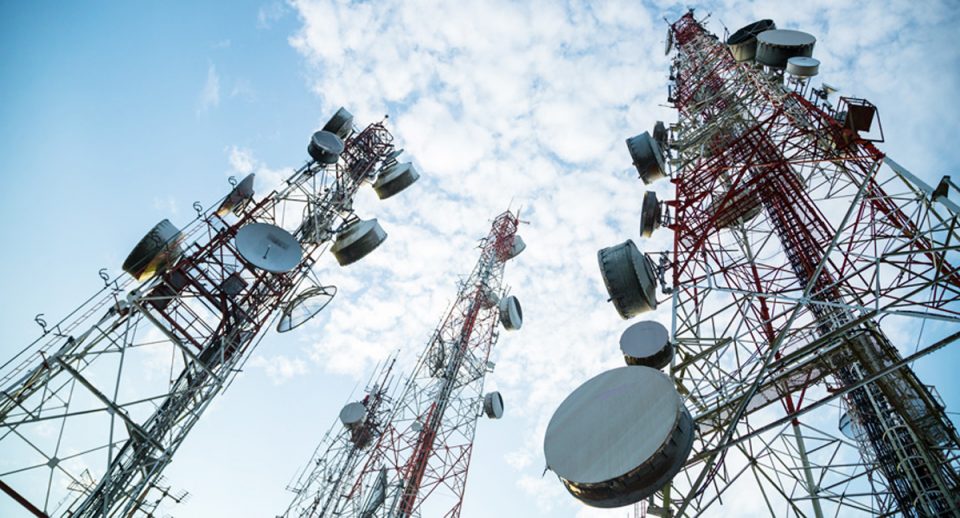Photo caption: Telecoms mast
Nigeria’s telecommunications sector is set to experience a dramatic improvement in service quality by the third quarter of 2025, driven by a monumental $1 billion investment in network equipment, the Minister of Communications and Digital Economy, Dr Bosun Tijani, said on Thursday.
The equipment, slated for delivery starting in July, marks a historic commitment to modernising the nation’s telecom infrastructure.
The $1bn procurement, one of the largest in Nigeria’s telecom history, was made possible by a 50 per cent tariff adjustment approved in February 2025, the first in over a decade. This adjustment has provided operators with the financial flexibility to address operational costs that have skyrocketed by over 300 per cent in the past ten years, enabling reinvestment in critical network upgrades.
“We’ve confirmed that our telcos have placed equipment orders worth over $1 bn, something we haven’t seen in years,” Tijani shared in an interview with TVC. “These orders, placed with Original Equipment Manufacturers (OEMs), will start arriving between June and July, setting the stage for a significant leap in service quality by Q3.”
The investment is poised to tackle long-standing issues such as dropped calls, slow internet speeds, and limited broadband access. It will also accelerate the rollout of 4G and 5G networks, particularly in high-demand urban areas and underserved rural regions. Nigerians can expect a noticeable improvement in connectivity and reliability by Q3,” Tijani added.
This announcement follows a statement by the Executive Vice Chairman of the Nigerian Communications Commission, Dr Aminu Maida, who revealed on April 29, 2025, at a Lagos colloquium that operators had secured over $1bn in orders from Chinese vendors for a comprehensive network overhaul.
With data usage surging, driven by platforms like WhatsApp for voice calls, the new infrastructure will alleviate network congestion and enhance broadband penetration.
The government is also prioritising rural connectivity as a key pillar of economic growth and national security.
“Connecting rural areas is about more than access; it’s about empowering communities and strengthening our nation,” Tijani said. “President Bola Tinubu has emphasised rural coverage to ensure no region is left behind.”
While the investment will fuel private sector-led upgrades, Tijani stressed the importance of government intervention in areas where commercial viability is low. “Private capital alone won’t reach every corner of Nigeria. We’re committed to stepping in where needed to ensure inclusive connectivity,” he noted.



